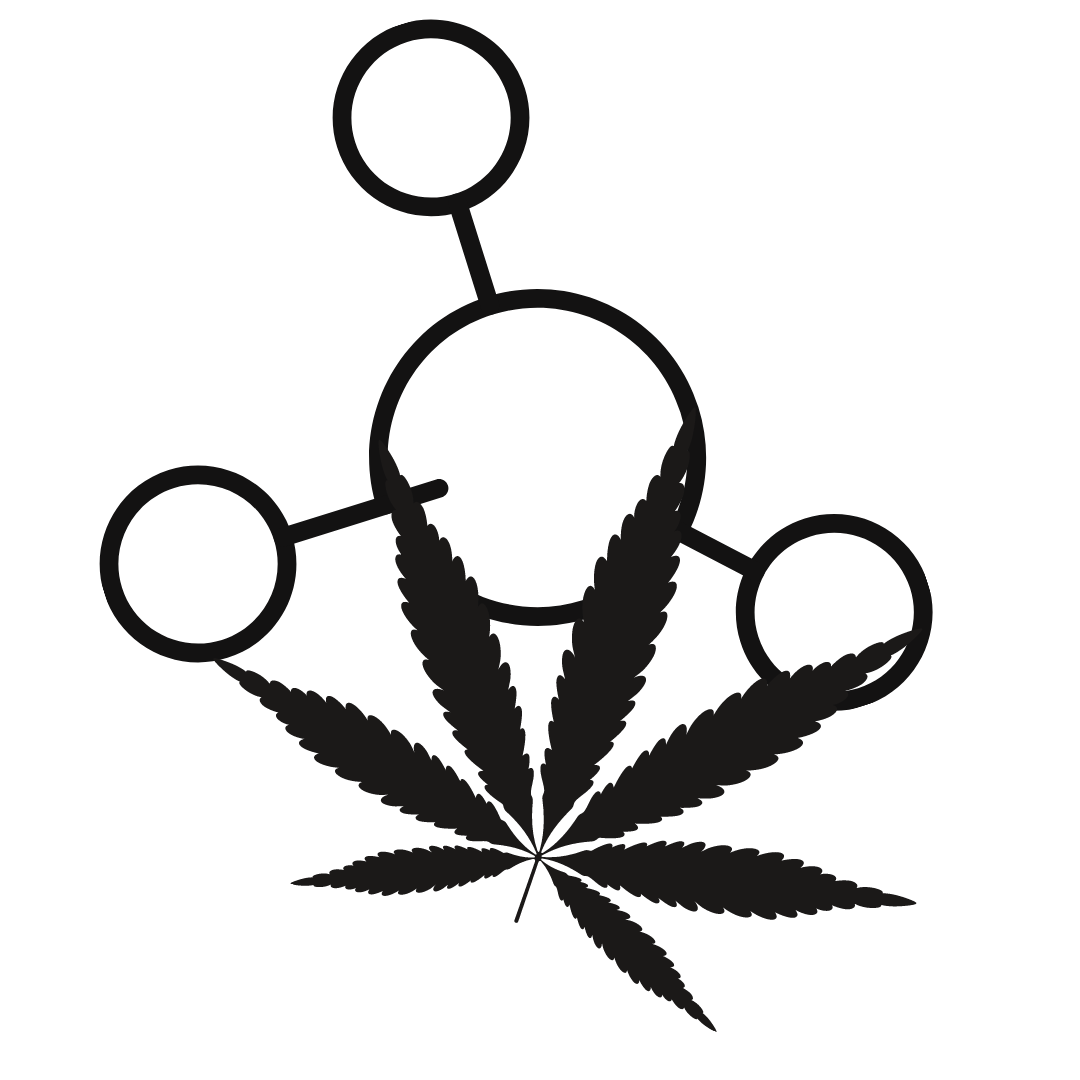Scientists still have not conclusively proven any of CBD’s effects on neurological activity. However, there are several past and current studies that look into CBD’s impact on neurological activity. From CBD oil lotions to best cbd cream for pain, these studies look into CBD’s potential ability to be neuroregenerative.
These studies also look into the possible positive effects CBD hemp oil has on several neurological disorders. Although not yet proven, studies and testimonials point to the fact that CBD may boost our brain’s activity and ability.

What is CBD?
CBD is short for cannabidiol, and is a non-psychoactive potentially beneficial molecule called a cannabinoid. Cannabinoids come from the cannabis, or hemp, plant. There are over 100 cannabinoids present in cannabis, but CBD is one of the most prevalent.
It is also the most-studied cannabinoid in terms of health and wellness benefits. When ingested, or applied as with a CBD oil lotion, CBD enters your bloodstream. Once the CBD molecules enter your body they bind to endocannabinoid receptors.
Endocannabinoid receptors are located throughout your entire body and constitute part of the endocrine system. The endocrine system is a system of glands throughout the body that create and send hormonal signals. Certain hormonal signals promote certain biological functions like regeneration, and some signals block functions like pain.
These endocannabinoid receptors are also located in the brain. Our entire biological system is connected, so understanding the way CBD impacts overall wellness is important to understanding how it might assist with neurological damage and disorders.
CBD is not psychoactive, and will not get you high. Even full spectrum CBD oil, which contains small amounts of THC, will not get you high. Knowing how much hemp product to take is still key to producing the affects you wish to see, so a CBD dosing guide can be very helpful.
How CBD boosts brain activity
CBD works the way it does with our bodies due to a number of complex reasons and underlying causes. There are a number of functions it promotes, that overall may contribute to:
- Improved ability to focus
- Improved memory ability
- Improved long-term memory retention
- Reduced confusion
- Increased ability to concentrate
- Quicker learning abilities
- Creation of new neural pathways
- Promotes healthier brain cells

Scientists still are not completely sure about the direct link between CBD molecules and these effects. However, one of the properties associated with studies on CBD is anti-inflammation.
Many neurological diseases and temporary neurological issues like brain fog and fatigue are thought to be caused by inflammation. If CBD does assist with inflammation, it could be a major factor in reducing negative neurological effects.
How CBD protects the brain
CBD may also affect the brain’s neurological activity by acting as a neuroprotectant substance. Our brains age just like the rest of our bodies, and are also susceptible to damage and disease. Neurogenesis is the process of our brains making new cells and tissue. Over time, it becomes harder for the body to do that.
According to Brazilian scientists, CBD may help boost the brain’s ability to create new cells, tissues, and connections. These scientists found that CBD reduces Aβ-induced neuroinflammation and promotes hippocampal neurogenesis. If this can be conclusively proven, this is a huge leap forward in terms of treating certain neurological disorders.
CBD and mood disorders
CBD may also assist with boosting communication between neurotransmitters.A study conducted on animals shows that CBD helps the brain increase serotonin and glutamate production. These two hormones are crucial in preventing and recovering from depression. CBD might affect the human brain’s neurological activity in a way that could assist sufferers of:
- PTSD
- Anxiety
- Depression
- Bipolar Disorder
- Obsessive Compulsive Disorder
- Borderline Personality Disorder
- And more
CBD and Neurological Disorders
Firsthand testimonials and several scientific articles point to CBD’s potential benefits when it comes to neurological disorders. Scientists are still working to determine exactly how this works, but CBD binds to receptors in the brain and produces anti-convulsive effects.
This assists sufferers of epilepsy, Parkinson’s Disease, and more. The neuroregenerative and pain relieving properties of CBD also show promise for people who suffer from complex migraine disorders.



